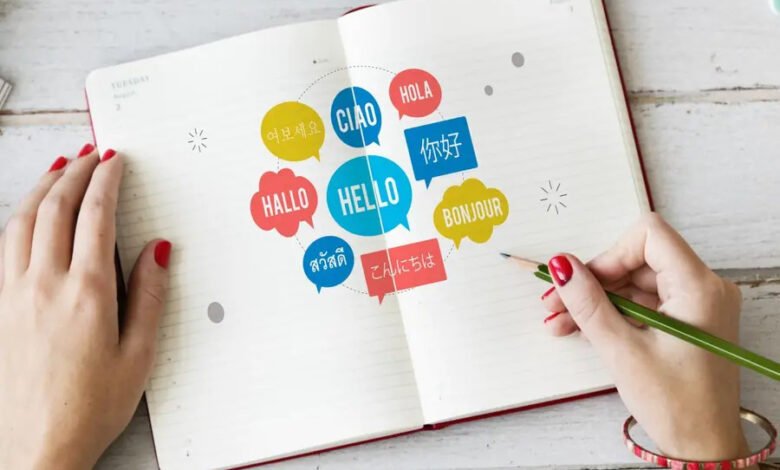International Translation Day 2025: Honoring the Unsung Heroes That Unite the World

International Translation Day is celebrated annually on September 30th to recognize the vital work done by language experts, translators, and interpreters.
This day honors their contributions and serves as a reminder of the crucial role they play in promoting international peace, preserving culture, and fostering communication. The date coincides with the feast day of St. Jerome, the Latin Bible translator who is considered the patron saint of translators.
In today’s world, where communication defines progress, translation acts as the bridge that connects individuals across linguistic and cultural divides. Without interpreters and translators, international trade, science, technology, literature, and diplomacy would remain confined within linguistic boundaries.
International Translation Day 2025 Theme
The theme for this year is “Translation, Shaping a Future You Can Trust.” It emphasizes the importance of human trust at a time when peace often hangs in the balance and global relations are strained by a lack of reliable communication.
This theme highlights how terminologists, translators, and interpreters contribute to dependable communication, foster mutual understanding, and guide the responsible use of machine translation and AI-generated text.
History of International Translation Day
Since the formation of the United Nations, translators have been essential in bringing its 51 founding nations together. The UN recognizes that every civilization and its unique culture play a vital role in advancing sustainable development.
Professional translation is acknowledged by the UN as both an art and a trade. Translators deserve global recognition for upholding the United Nations Charter.
International Translation Day was officially established on May 24, 2017, when the UN General Assembly passed a resolution declaring September 30th as the day to celebrate the contributions of language professionals in promoting peace, progress, and goodwill among diverse nations.
The Importance of International Translation Day
a. Preservation of Culture
Translation guarantees global access to historical documents, literature, and folklore, allowing traditions to be passed down to younger generations and ensuring that children can connect with their cultural roots.
b. Global Communication
From trade agreements to peace negotiations, translation makes international cooperation possible. For children, this fosters a safer, more cooperative world where understanding replaces conflict.
c. Education and Knowledge Sharing
Academic research, scientific discoveries, and textbooks reach wider audiences through translation. This ensures children everywhere have access to quality education and equal learning opportunities.
d. Economics and Business
Multinational companies rely on translation and localization to access international markets, creating a globally connected economy that directly shapes opportunities for the next generation.
e. Technology and AI
While tools like Google Translate, DeepL, and AI-powered models are shaping the future of communication, human translators remain essential for nuance and trust, especially in children’s education and welfare, where clarity cannot be compromised.
The Role of Translators in the Modern Era
i. Diplomacy
Translators facilitate real-time communication during international summits, peace negotiations, and UN sessions.
ii. Literary Translation
Translators bring world classics and contemporary works to readers everywhere.
iii. Technical Translation
They provide an accurate understanding of scientific research, patents, and manuals across borders.
iv. Cultural Mediation
Translators act as cultural ambassadors and mediators of identity as well as language.
How International Translation Day Can Be Celebrated
- Express Gratitude: Thank the translators and interpreters in your network.
- Learn a New Language: Even small efforts to learn foreign phrases help bridge cultural divides.
- Attend Events: Organizations like FIT, cultural institutions, and universities often host webinars, talks, and translation competitions.
- Read Translated Works: Explore translated books or poetry anthologies to experience new cultures.
- Raise Awareness: Share articles, quotes, and posts on social media to highlight the contributions of language specialists.
Conclusion
International Translation Day is a reminder to value and celebrate cultural diversity. Translators are the unsung heroes who give nations a voice, breathe life into literature, and ensure that no voice goes unheard in a multilingual world.
Translation opens the door to knowledge, imagination, and cultural belonging, shaping a future where trust and understanding are possible across every language barrier.





